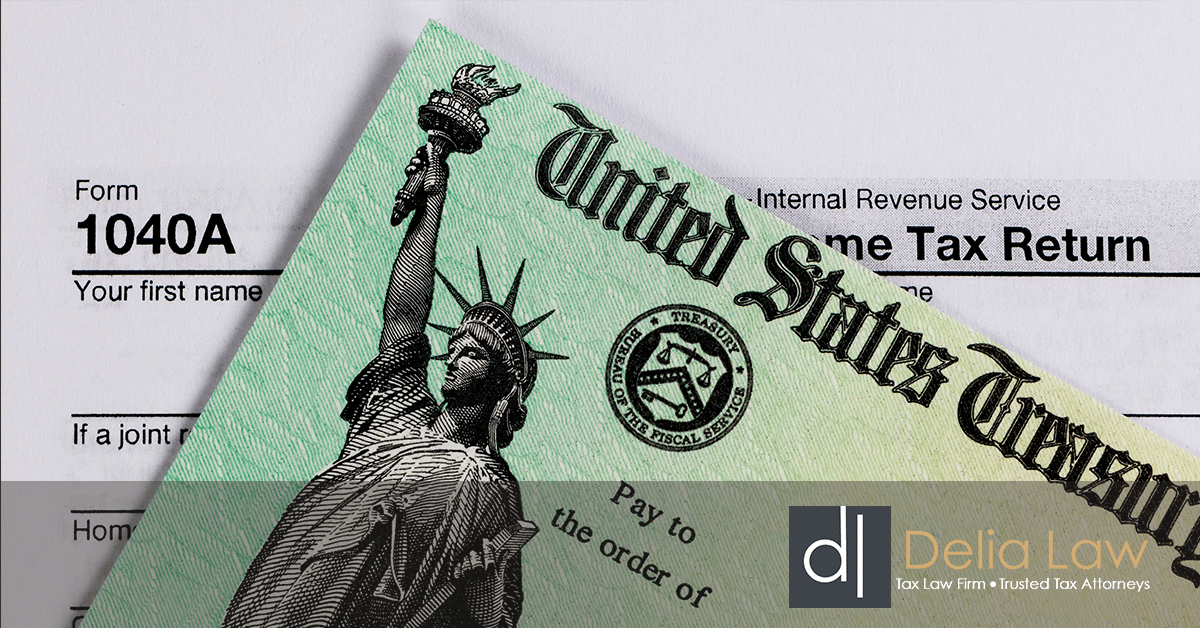If you are unable to pay your personal or business taxes at the federal or state level, you are likely feeling overwhelmed and unsure of your next steps. You could face very harsh penalties that cause you financial strain for years to come. Both the IRS and the New York State Department of Taxation and Finance have extensive and aggressive collection methods for unpaid taxes. However, both of these agencies also offer several methods for resolving tax debt without incurring significant penalties. An experienced tax attorney may help you explore your options for tax resolution in New York.
Tax debt can lead to substantial financial penalties, such as garnishment of your wages and liens against your property. If you own a business, your accounts receivable and other business assets could be subject to levy by the IRS or the New York State Department of Taxation and Finance. If you have recently received a Notice and Demand for Payment from either the IRS or the New York State Department of Taxation and Finance, it’s essential to work quickly with an experienced tax attorney to determine your best available resolution options.
Potential Penalties for Unpaid Taxes
Both the IRS and the New York State Department of Taxation and Finance have several collection methods they may employ to seek repayment of unpaid taxes. Before these agencies begin collection action, they will thoroughly assess a taxpayer’s tax liability and issue the taxpayer a Notice and Demand for Payment. This document will include a full breakdown of the taxpayer’s debt, plus accrued fees and interest. The Notice will also include a due date for payment and contact information if the taxpayer has a question, concern, or dispute regarding the contents of the Notice.
Some of the ways the IRS and the New York State Department of Taxation and Finance penalize unpaid taxes and seek repayment on tax debts include:
- Tax liens. A lien notifies creditors that a tax authority such as the IRS or New York State Department of Taxation and Finance has a legal claim to your property. The lien will make it very difficult to buy a home, obtain financing, and maintain a positive credit rating.
- Wage garnishment. Both the IRS and the New York State Department of Taxation and Finance have the authority to take a percentage of each of a taxpayer’s paychecks until their tax debt is paid in full, and they may do so without a court order, unlike most private creditors. They can also take much more from each paycheck than a private creditor could.
- In some cases, the IRS or the New York State Department of Taxation and Finance will levy or seize a taxpayer’s property, including real estate, investment properties, bank accounts, and other assets.
Taxpayers are also subject to additional penalties based on the amount they owe and which tax authority is seeking repayment. For example, the Civil Enforcement Division of the New York State Department of Taxation and Finance may issue a Notice of Proposed Driver’s License Suspension, giving the taxpayer 60 days to respond to avoid losing their New York State driver’s license. The Civil Enforcement Division will likely issue a tax warrant against a taxpayer in arrears, and this automatically places a lien on the taxpayer’s property and assets until they pay their tax debt.
Tax Resolution Options at the State (New York) and Federal Levels
Both the IRS and the New York State Department of Taxation and Finance have extensive and severe collection methods at their disposal. However, they both also provide taxpayers with several options for resolving their tax debts swiftly and easily, often avoiding the harsh penalties that unpaid tax debts entail. A skilled New York tax attorney can help a taxpayer facing collection action pursue one of these alternative resolution methods, which include:
- Filing for an extension. In some cases, a taxpayer may need just a bit longer than their proposed repayment deadline to satisfy their tax debt. A tax attorney can help file the appropriate paperwork and provide the necessary documentation to qualify for a deadline extension.
- Installment Agreement. The IRS or the New York State Department of Taxation and Finance may be willing to negotiate an Installment Agreement, which allows a taxpayer in arrears to construct a long-term repayment plan for their unpaid tax debt.
- “Currently Not Collectible” status. If the taxpayer’s financial situation prevents them from repaying their tax debt either in full or over time in a reasonable timeframe, qualifying for Currently Not Collectible status will halt collection efforts until the taxpayer’s financial situation improves and they are able to start paying back their debt.
- Offer in Compromise. In some cases, it’s possible to satisfy a tax debt for less than the taxpayer actually owes through an Offer in Compromise. If you are interested in this resolution option, it is essential to work with an experienced tax attorney.
These are some of the most commonly sought resolution options for unpaid tax issues at the New York state and federal levels. Working with an experienced tax attorney is a good idea if you are unable to pay your tax debt in full and want to avoid the possible penalties the IRS and the New York State Department of Taxation and Finance are capable of imposing.
Why You Should Hire a Tax Attorney
Ultimately, both the IRS and the New York State Department of Taxation and Finance may offer several options for unpaid tax resolution, navigating the processes for these options and completing them successfully can be extraordinarily challenging without legal assistance. A reliable and experienced tax attorney can review your tax record and current financial situation to determine which resolution option would be ideal for your situation and help you through the process.
It’s also essential to work quickly if you want to explore your options for tax resolution at the federal and/or state level. Unpaid tax debts will continue to accrue interest and penalty fees the longer they remain unaddressed, so the longer you wait to act, the more you will end up owing. The right tax attorney can help you reach a swift and satisfactory conclusion to your unpaid tax debt issues. At Delia Law, our team has helped many clients with complex tax collection issues resolve these matters quickly and completely, sparing them the significant financial strain that tax collection measures often cause. If you would like to meet with a skilled tax attorney to discuss your options for tax resolution with the IRS or New York State Department of Taxation and Finance, contact Delia Law and schedule a consultation today.
New York-Specific Tax Laws




